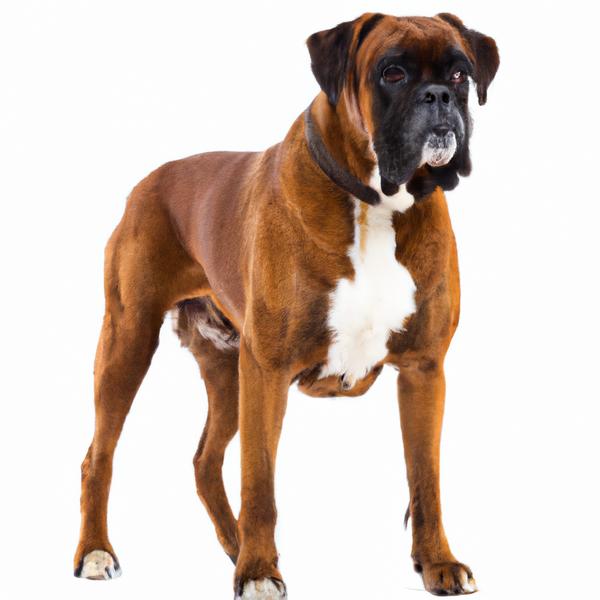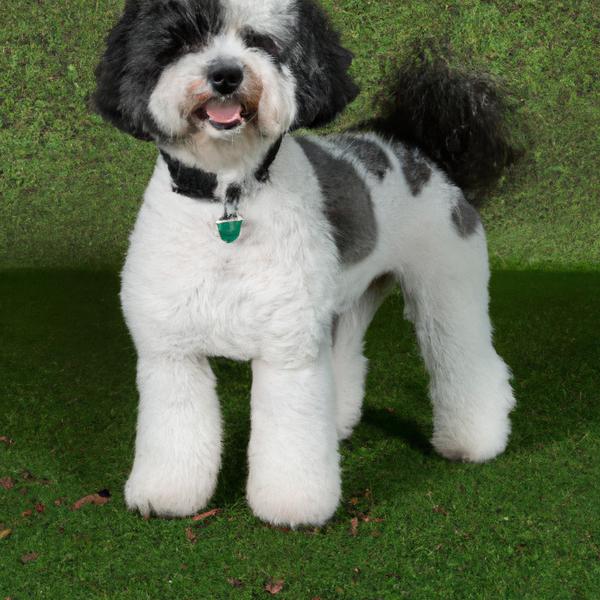Boxer vs. Bostchon: Breed Differences and Similarities
Temperament
What are the personalities of Boxer and Bostchon dogs?
Brave
Confident
Fearless
Intelligent
Playful
Bright
Energetic
Friendly
Loyal
Playful
Sensitive
Intelligent
Friendly
Affectionate
Lively
Gentle
Aggressive
Cheerful
Shedding Level
Do Boxers shed more than Bostchons, or which breed sheds more, Boxers or Bostchons?
Boxer or Bostchon dogs are not heavy shedders, but they will lose a significant amount of hair each year. To decrease the amount of shedding, you can regularly brush your Boxer or Bostchon. This will remove loose hair and keep their coat growing in the same direction.
Watchdog Ability
Which dog breed makes a better watchdog, the Boxer or Bostchon?
Choose a Boxer if you want a top-notch watchdog. This breed takes guarding seriously, and may not require much training, though obedience or guard dog training can improve their skills.
Bostchons aren't great guard dogs; they tend to just watch without taking action.
Origin
What is the origin of Boxer and Bostchon dog breeds?
Germany
United States
Ancestry
What are the origins of Boxer and Bostchon breeds?
Mastiff, Livestock Dog
Bichon Frise and Boston Terrier
Breed recognition
Which kennel clubs recognize/register Boxer and Bostchon?
American Canine Registry
American Kennel Club
America's Pet Registry
Canadian Kennel Club
Dog Registry of America Inc.
Federation Cynologique Internationale
Kennel Club of Great Britain
North American Purebred Registry, Inc.
American Canine Association, Inc.
Australian National Kennel Council
Continental Kennel Club
National Kennel Club
New Zealand Kennel Club
United Kennel Club
Canadian Canine Registry
ACHC = American Canine Hybrid Club
DBR = Designer Breed Registry
DDKC = Designer Dogs Kennel Club
DRA = Dog Registry of America, Inc.
IDCR = International Designer Canine Registry®
Date of Birth
When were Boxer and Bostchon breeds first developed?
1800s
Unknown
Eye Color Possibilites
What are the eye colors of Boxer and Bostchon dogs?
Brown
Brown
Nose Color Possibilites
What are the natural nose colors of Boxer and Bostchon?
Black
Black
Coat Color Possibilites
What are the natural colors of the coat for Boxer and Bostchon breeds?
Black
White
Fawn
Brindle
Black
White
Brindle
Brown
Coat Length
What is the typical coat length for Boxer and Bostchon breeds?
Boxers have short coats.
Bostchons are known for their coat length.
Coat Density
What is the density of the coat of Boxer and Bostchon?
Coat Texture
What is the hair texture of Boxer and Bostchon?
Straight
Curly
Litter Size
What is the usual litter size for Boxer and Bostchon?
A Boxer can have a litter of 10-12 puppies on average. However, it's worth noting that the size of the litters can vary greatly. Factors that can influence litter size include the health of the mother, breeding history, and genetics.
A Bostchon can have a litter of 2-5 puppies on average. However, it's worth noting that the size of the litters can vary greatly. Factors that can influence litter size include the health of the mother, breeding history, and genetics.
Adaptability
Boxers are known for their adaptability and can adjust well to different environments and lifestyle changes.
Bostchons are highly adaptable and versatile, making them excellent companions for families and individuals of all lifestyles.
Health Issues
Between Boxer and Bostchon, which breed is more prone to health problems?
Boxer and Bostchon breeds are generally considered to be healthy. However, like all breeds, they are susceptible to certain health issues and it is important to keep an eye out for them and address them with your veterinarian as needed.
Major Concerns
What are the major health concerns for Boxer and Bostchon breeds?
Cardiomyopathy
Subvalvular Aortic Stenosis
Corneal Opacities
Degenerative Myelopathy
Patellar Luxation
Minor Concerns
What minor health issues should be kept in mind when owning Boxer and Bostchon?
Gastric Torsion
Colitis
Hip And Elbow Dysplasia
Cvi (Wobbler’S Syndrome)
Von Willebrand's Disease
Hypothyroidism
Distichiasis
Cataracts
Esophageal Achalasia
Hydrocephalus
Persistent Right Aortic Arch
Patent Ductus Arteriosus
Occasional Tests
What occasional tests are recommended for Boxer and Bostchon breeds?
Cardiac
Hip
Blood
Thyroid Tests
X-Rays
MRI
Eye Examination
Blood
Biopsy
Orthopedic
Brain Auditory Evoked Response (BAER)
Internal Imaging (x-ray, CT scan, MRI, etc.)
Ophthalmic
Oral
Energy
How do the energy levels of Boxers and Bostchons compare?
Boxers thrive on an active lifestyle due to their high-energy nature.
Bostchons are suitable for those with a balanced lifestyle as they have an average energy level.
Social Needs
Boxer vs Bostchon social needs comparison
Boxer and Bostchon have very high social needs. These needs include regular mental and physical stimulation, a job or purpose, and companionship. They thrive in environments where they have a lot of interaction with humans and other dogs.
Exercise Needed
Boxer vs Bostchon exercise need comparison.
Boxers require significant physical activity and suit those with an active lifestyle.
Bostchons need moderate physical activity and are great for families and active individuals.
Sleeping Need
Which of the two sleeps the most/least: Boxer or Bostchon?
Boxers are active and require sufficient sleep to stay healthy.
Bostchons have moderate energy levels and typical sleep patterns of 12-14 hours per day.
Tendency to Bark
Do Boxers or Bostchons bark more/less frequently?
Boxer dogs are generally less vocal than other breeds and only bark when necessary, such as to alert their owner or communicate.
Bostchons bark moderately when necessary and may also bark due to certain triggers like fear, alarm, boredom, greeting, separation anxiety and compulsive barking.
Mouthiness
Mouthiness Comparison: Boxer vs Bostchon?
Roaming urge
Boxer vs Labrador: Running away tendency?
Prey Drive
Boxer or Bostchon - which breed has a higher level of prey drive?
Activity Level
Which breed has higher energy, Boxers or Bostchons?
Boxers are high-energy dogs. They need mental as well as physical exercise. These dogs require a lot of your involvement and without it they can, and will, become problematic dogs.
Bostchons are medium-energy dogs and typically enjoy socializing and playing casual or even sustained games of chase with other dogs. They may also have occasional periods of barking or racing around the house.
Tolerance of being left alone
Walks per Week
How many miles should Boxer or Bostchon walk each week?
There's really no limit to how far you walk your dog as long as they're comfortable. For Boxer, it's at least 10 miles / week. Just remember to build distance and stamina gradually over time.
There's really no limit to how far you walk your dog as long as they're comfortable. For Bostchon, it's at least 6 miles / week. Just remember to build distance and stamina gradually over time.
Activity per Day
Do Boxers or Bostchons require more exercise?
In general most Boxers usually need at least 90 minutes of exercise daily. This can be spread across the day and include all sorts of high-energy activities, like walking, running and playing.
In general most Bostchons usually need at least 60 minutes of exercise daily. This can be spread across the day and include all sorts of high-energy activities, like walking, running and playing.
Grooming
Which breed is easier to maintain in terms of grooming, Boxers or Bostchons?
The Boxer is a low-maintenance breed that doesn't require much grooming.
The Bostchon requires an average amount of grooming compared to other breeds.
Brushing Frequency
What is the recommended brushing frequency for Boxer and Bostchon dogs?
Boxer should be brushed at least once a week. Of course you can give them more frequent brushes if you find that they are still shedding a lot
Ideally, Bostchon should be brushed at least 2 or 3 times a week (preferably daily) improve shedding.
Brushing Tools
What brushing tools are used for Boxers and Bostchons?
Pin Brush
Slicker Brush
Nail Clipper
Slicker Brush
Comb
Scissors
Nail Clipper
Cups
How much food should be given to Boxer or Bostchon in cups?
For an average 65-80 pound (29 - 36 kg) Boxer feed 2.5 cups daily. But, keep in mind, the amount you feed is going to be dependent on the quality of the food you are feeding.
For an average 14-18 pound (6 - 8 kg) Bostchon feed 1 cups daily. But, keep in mind, the amount you feed is going to be dependent on the quality of the food you are feeding.
Daily Cost
Which breed has a higher daily cost, Boxer or Bostchon?
The average cost of a Boxer is somewhere $2.50 - $3.20 per day.
The average cost of a Bostchon is somewhere $1.10 - $1.40 per day.
Monthly Cost
Which breed has a higher monthly cost, Boxer or Bostchon?
The average per month expenses of a Boxer is between $74 - $95. This makes an average of $888 - $1140 per year. It will be on the higher side when the dog is still small because it will need more frequent visits to the vet, shots.
The average per month expenses of a Bostchon is between $28 - $42. This makes an average of $336 - $504 per year. It will be on the higher side when the dog is still small because it will need more frequent visits to the vet, shots.
Intelligence
Comparing Intelligence: Boxers vs Bostchons
Boxer and Bostchon have average obedience intelligence, but they're also independent thinkers. This breed is known for having an exceptionally high IQ, which means they may get into trouble if left to their own devices.
Sensitivity Level
How do Boxer and Bostchon compare in sensitivity?
This breed is sensitive and requires gentle handling and a calm home environment.
This breed is sensitive to its environment and best suited for patient and understanding families with a consistent routine.
Affection Dependance
Which is the more affectionate dog breed: Boxer vs Bostchon?
Apartment Friendly
Which breed is more apartment-friendly: Boxer or Bostchon?
The Boxer is a great apartment dog, thriving with sufficient exercise and time outside as part of their daily routine.
Bostchons make excellent apartment dogs, being fairly active indoors and not requiring a yard.
Child Friendly
Do Boxers or Bostchons have a friendlier temperament towards children?
Boxers are good with kids if socialized and trained from a young age.
Bostchons make excellent family pets for kids due to their gentle, protective nature and calm temperament.
Senior-friendly
Which dog is more suitable as a pet for the elderly - Boxer or Bostchon?
Cat Friendly
Do Boxer or Bostchon breeds have a better compatibility with cats?
Boxers are average in their friendliness toward cats and tend to do well with them, especially if raised together.
Bostchons are very friendly with cats and make great companions for them.
Dog Friendly
Which breed is more sociable with other dogs: Boxer or Bostchon?
Boxers are less friendly towards other dogs, but can improve with socialization.
Bostchons are generally very friendly towards other dogs, with a happy and affectionate temperament.
Pet friendly
How do Boxer or Bostchon dogs interact with other pets?
Stranger Friendly
Which breed is more friendly with strangers: Boxer or Bostchon?
Boxers are averagely friendly around strangers but benefit from early socialisation.
Bostchons are highly friendly around strangers.
Playfulness
Which breed is more playful between Boxer and Bostchon?
Boxer and Bostchon are playful dogs. So, no matter how busy the day may get, the best thing you can do for Boxer and Bostchon is to make time each day to play. It can be as little as 15-20 minutes, and it will mean the world to them.
Trainability
How do the trainability levels of Boxers and Bostchons compare?
Boxer and Bostchon dogs are usually easy to train, but may require consistency to fully obey commands.
Compare Boxer with other breeds
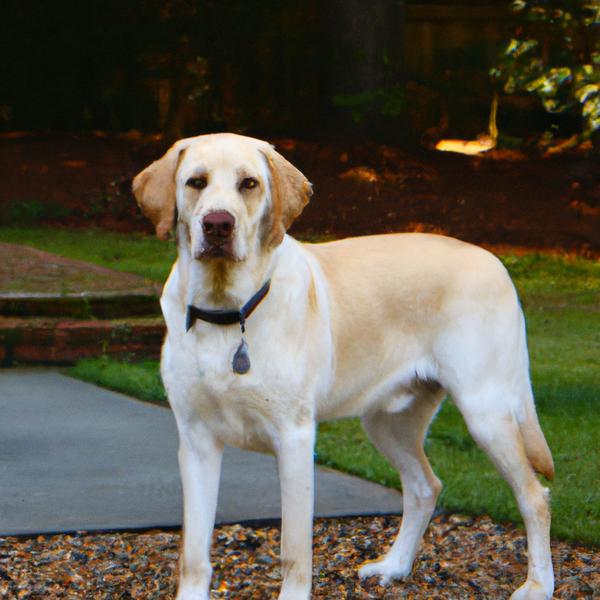
Clumber Lab
Boxer vs Clumber Lab
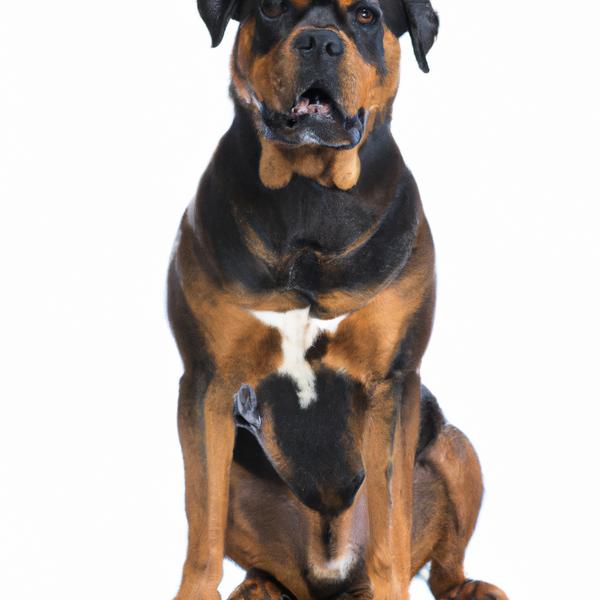
Boxweiler
Boxer vs Boxweiler
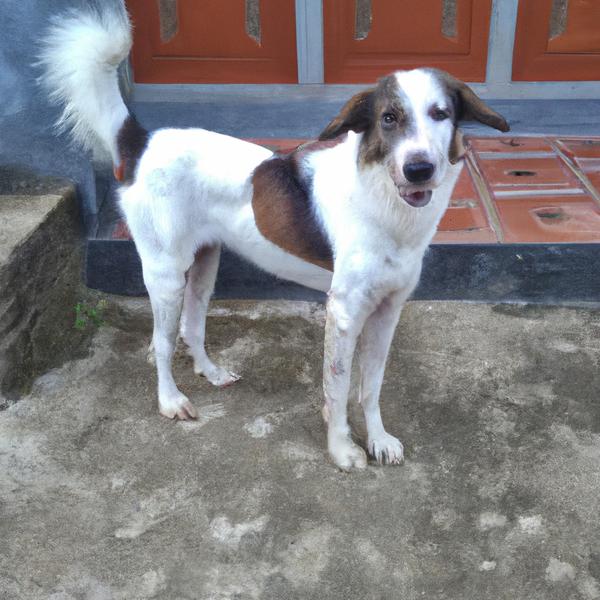
Pekalier
Boxer vs Pekalier
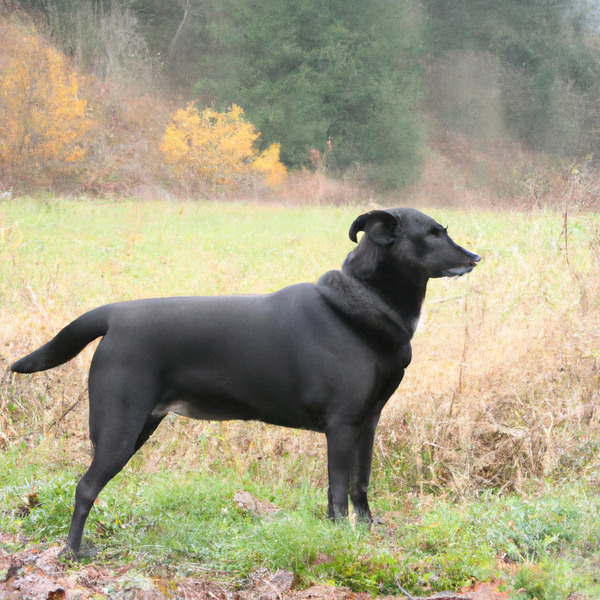
McNab
Boxer vs McNab
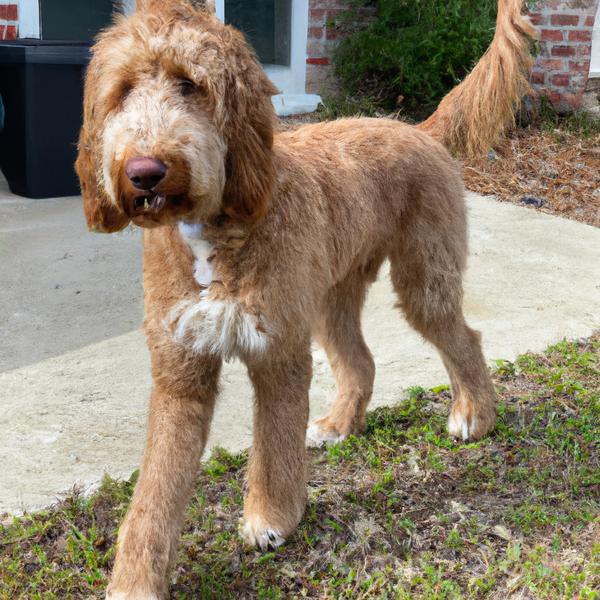
Redbone Coonoodle
Boxer vs Redbone Coonoodle
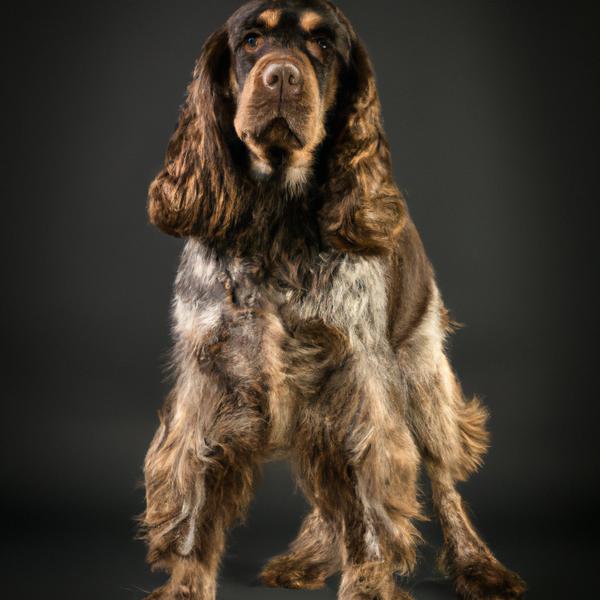
Cluminger Spaniel
Boxer vs Cluminger Spaniel
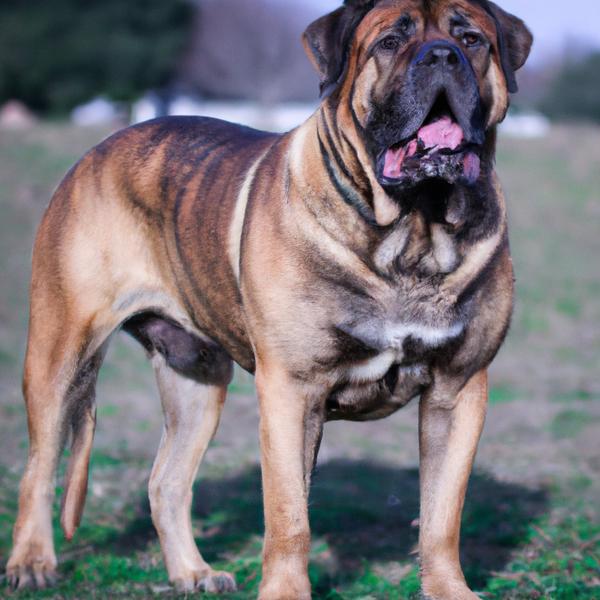
Bullsky Mastiff
Boxer vs Bullsky Mastiff
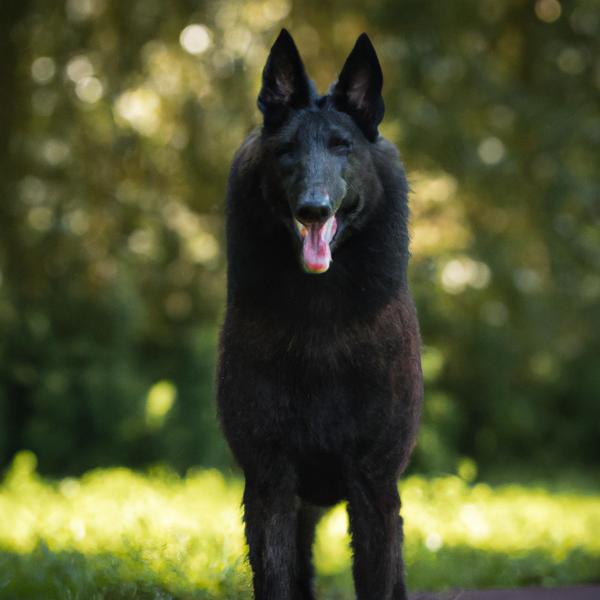
Belgian Sheepdog
Boxer vs Belgian Sheepdog
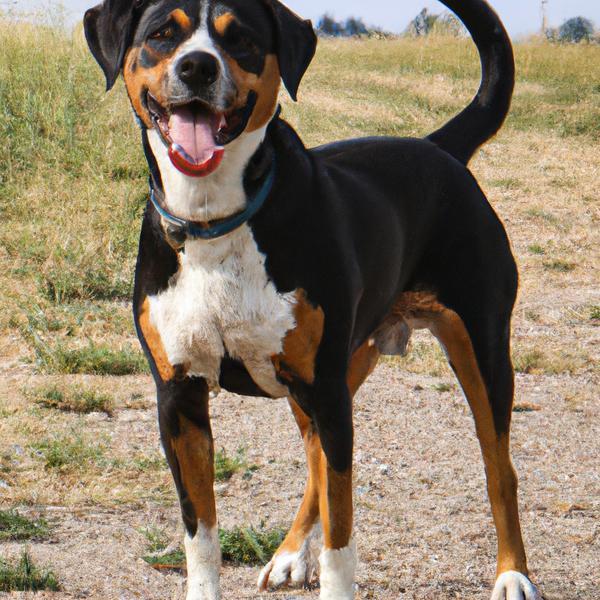
Entlebucher Pit
Boxer vs Entlebucher Pit
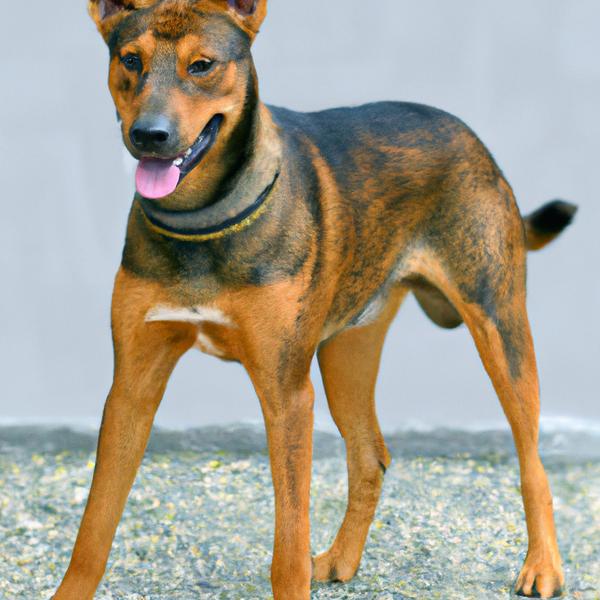
Bostalian
Boxer vs Bostalian
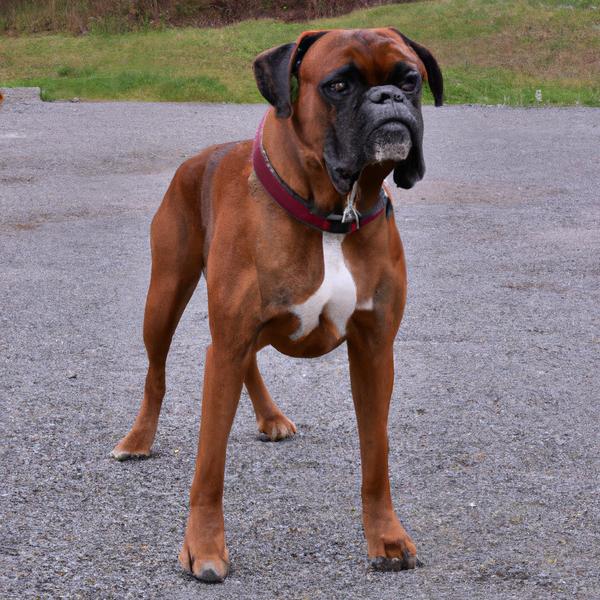
Dogue de Boxer
Boxer vs Dogue de Boxer
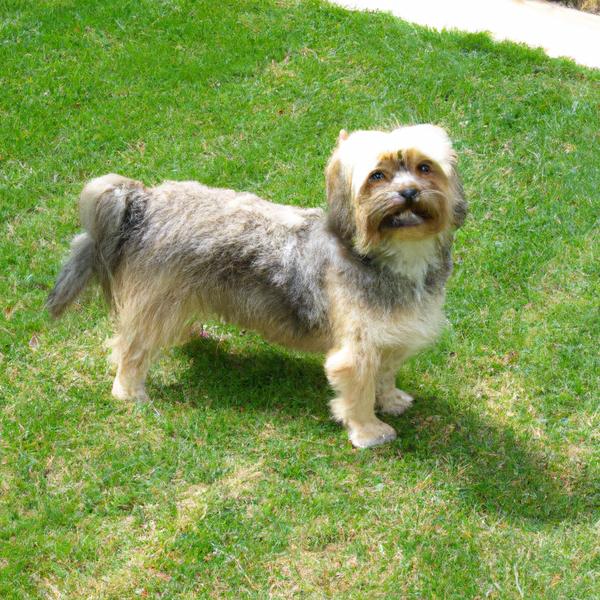
Yorkie-Apso
Boxer vs Yorkie-Apso
